Winning effort
Updated: 2016-08-24 07:20
(Xinhua)
|
||||||||
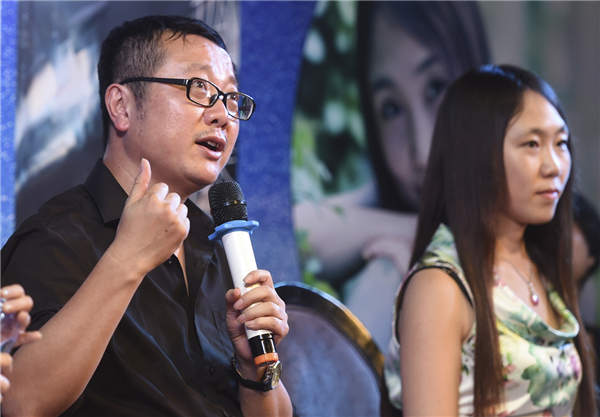 |
|
Liu Cixin spoke at a readers' meeting that introduced Hao Jingfang (right)'s sci-fi works in July in Beijing. Luo Xiaoguang/China Daily |
With a second Chinese bagging the Hugo prize, expectations from the country's sci-fi writers are rising. Xinhua reports.
On Sunday, a second Chinese author received a prestigious Hugo Award for science fiction, this time in the category of best novelette. Hao Jingfang, author of Folding Beijing, won the award at the 74th World Science Fiction Convention in the United States following Liu Cixin's 2015 Best Novel award for The Three-Body Problem, the first part of a trilogy.
Established in 1953, the Hugo Awards acknowledge the best works in science fiction or fantasy and, along with the Nebula Awards, are seen as the top prizes in the genre. They are named after Hugo Gernsback, founder of the American science fiction magazine Amazing Stories. The best novelette prize has previously been won by such acknowledged greats as Isaac Asimov, Ursula K. LeGuin and George R.R.Martin.
The news was received with great delight at the Shanghai Book Fair that closed yesterday.
Folding Beijing tells of a father's struggle to send his daughter to school in the Beijing of the future, alluding to the difficulties that some Chinese parents face today to ensure their children receive a quality education. Hao herself graduated in physics from Tsinghua University in 2006.
"Chinese sci-fi is embracing unprecedented opportunities today," said Liu Cixin at the Shanghai fair.
Liu believes China is witnessing the beginning of sci-fi "industrialization" and the environment for sci-fi writers has greatly improved from the previous decades.
Death's End, the third part of Liu's trilogy, is to be released in the United States on Sept 20. The English translation of the entire trilogy made its debut at the Shanghai fair on Sunday.
"Following the success of The Three-Body Problem, we noticed an increase in Chinese material in sci-fi all round the world," said Yao Haijun, chief editor of Science Fiction World, China's leading sci-fi magazine.
"It may also be associated with the rise of the Chinese economy in general."
The Three-Body Problem has sold more than 160,000 copies since it was published in November 2014, and has been reviewed in The New York Times and Wall Street Journal.
- Relationship company makes huge profit from singles
- China to more than triple geothermal power consumption by 2020
- China launches first Tibetan-language search engine
- Largest subway train launched in Beijing on Monday
- Xi: Public health should underpin all govt strategies
- Olympic swimmers spark interest in cupping therapy

 Lakers confirms Yi Jianlian's signing
Lakers confirms Yi Jianlian's signing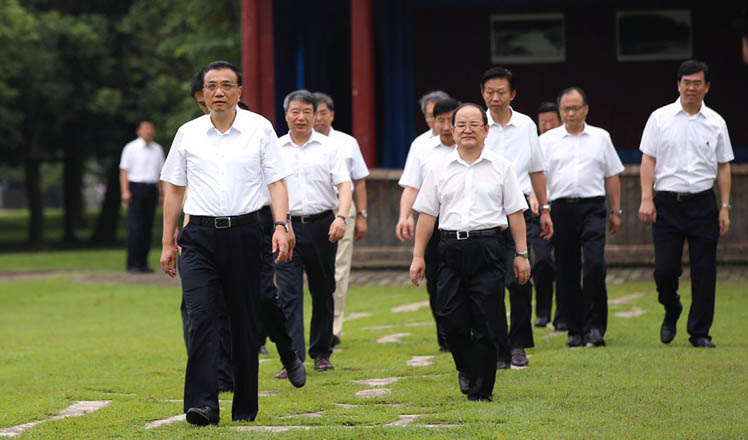
 Premier Li pays homage to Red Army martyrs
Premier Li pays homage to Red Army martyrs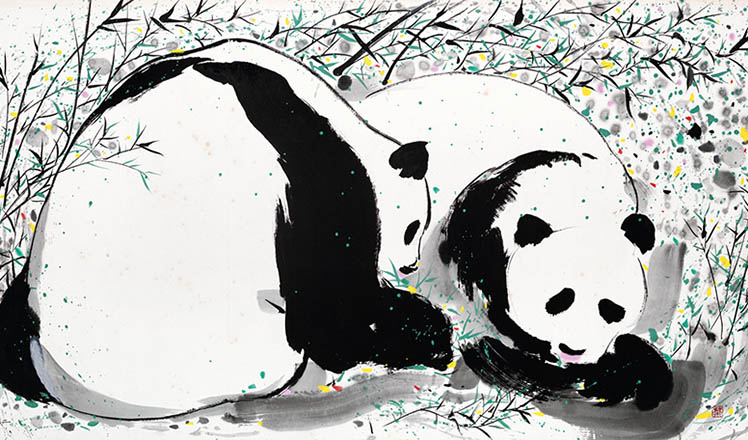
 'Born in China' in Chinese paintings
'Born in China' in Chinese paintings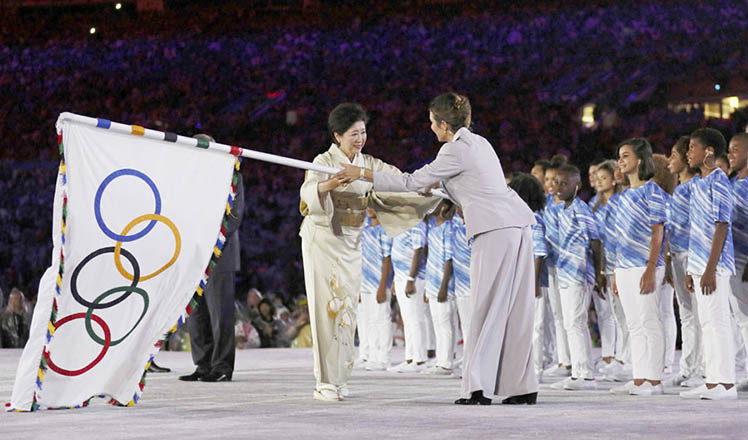
 Goodbye, Rio; hello, Tokyo
Goodbye, Rio; hello, Tokyo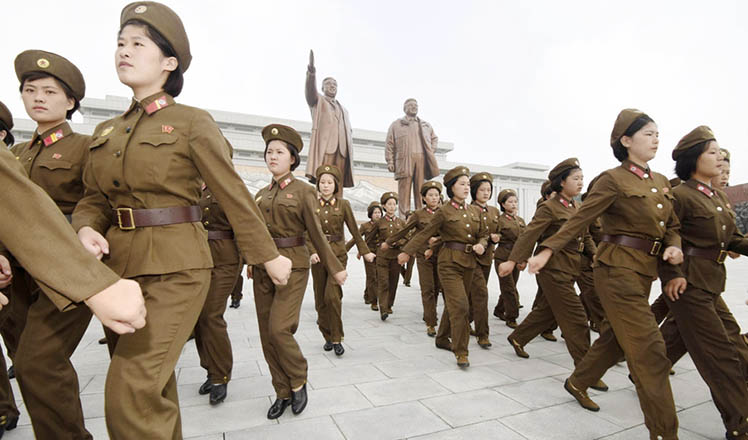
 The world in photos: Aug 15- Aug 21
The world in photos: Aug 15- Aug 21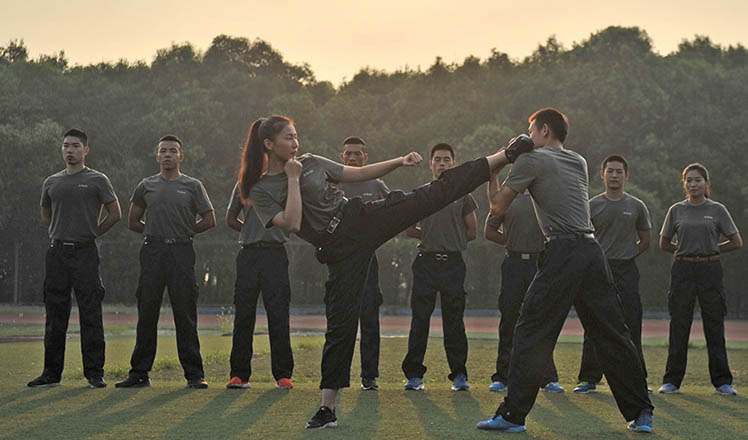
 Kickboxing and throwing punches: Welcome to flight security training
Kickboxing and throwing punches: Welcome to flight security training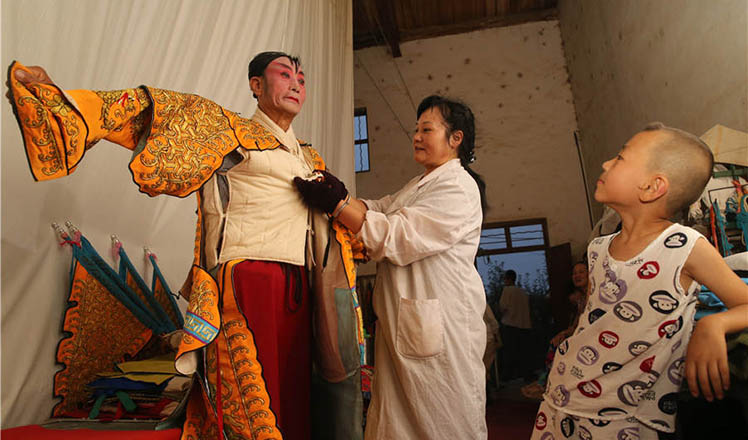
 Qinqiang Opera actors brave heat to bring smile to faces
Qinqiang Opera actors brave heat to bring smile to faces
 Top 10 cities with highest GDP in H1
Top 10 cities with highest GDP in H1
Most Viewed
Editor's Picks

|

|

|

|

|

|
Today's Top News
Trump outlines anti-terror plan, proposing extreme vetting for immigrants
Phelps puts spotlight on cupping
US launches airstrikes against IS targets in Libya's Sirte
Ministry slams US-Korean THAAD deployment
Two police officers shot at protest in Dallas
Abe's blame game reveals his policies failing to get results
Ending wildlife trafficking must be policy priority in Asia
Effects of supply-side reform take time to be seen
US Weekly

|

|







